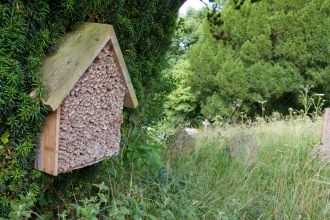
Creating space for insects
Insects have declined by 50% since 1970. Insects play a crucial role in our lives and in wildlife in so many ways that if they were to disappear, life as we know it wouldn't be the same. No…
Damselfly © Ben Hall/2020VISION

Insects have declined by 50% since 1970. Insects play a crucial role in our lives and in wildlife in so many ways that if they were to disappear, life as we know it wouldn't be the same. No…
The Five Ways to Wellbeing, developed by the New Economics Foundation, offer a helpful framework to help us connect to nature during lockdown. Each week, I’ll focus on a different one of these…
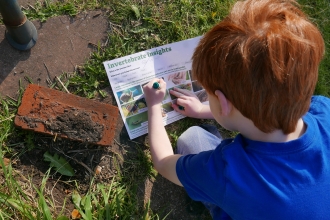
Team Wilder member, Gemma Paul and her son enjoyed looking for invertebrate minibeasts in their garden the other day. They're helping us answer the question, ''How wild are we?…
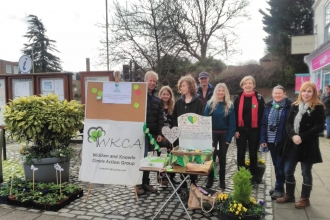
Wickham and Knowle Climate Action Group (WKCA) is a small group of friends and neighbours that decided to take practical action following the October 2018 IPCC report and the 2019 State of Nature…
The Wildlife Trust's Reserves while we are in "lockdown".
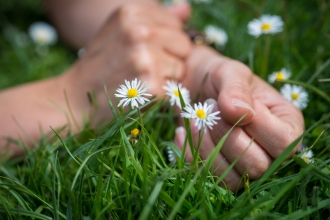
The Five Ways to Wellbeing, developed by the New Economics Foundation, offer a helpful framework to help us connect to nature during lockdown. Each week, I’ll focus on a different one of these…
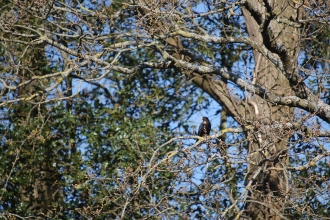
I asked my colleagues at the Trust how they’ve been connecting with nature. Here’s what some of them have been up to in their own spaces:
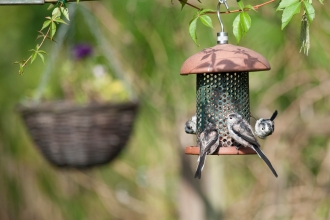
Almost as soon as the clocks jumped forward, it seemed as if the dawn chorus leapt up a notch. From nuthatches to jays, birds all over the UK are joining the chorus to defend territory, attract…
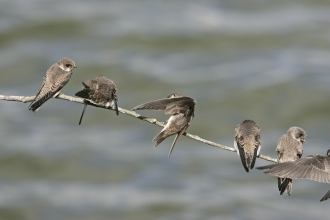
Spring migration is known as the great rush north, as birds race back to their more northerly breeding grounds having spent the winter in milder regions further south.
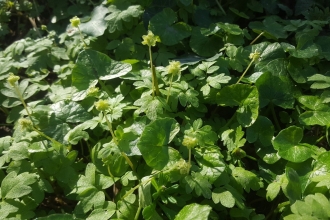
Celandines, wood anemone, ramsons, violets and bluebells are now all in full bloom in Eaglehead and Bloodstone copse nature reserve, making this morning’s walk to check up on our sheep an absolute…